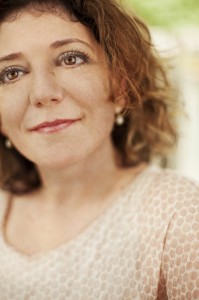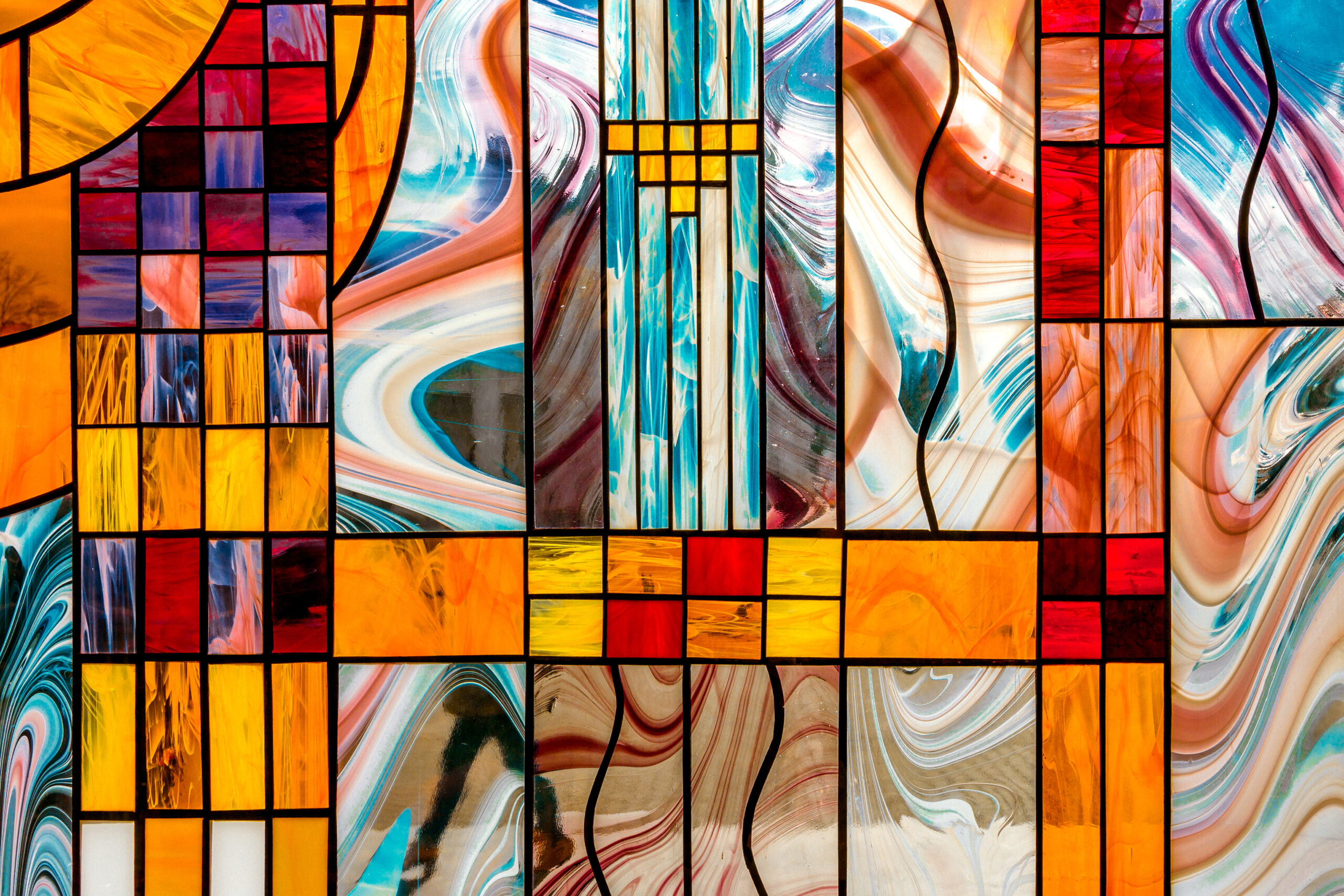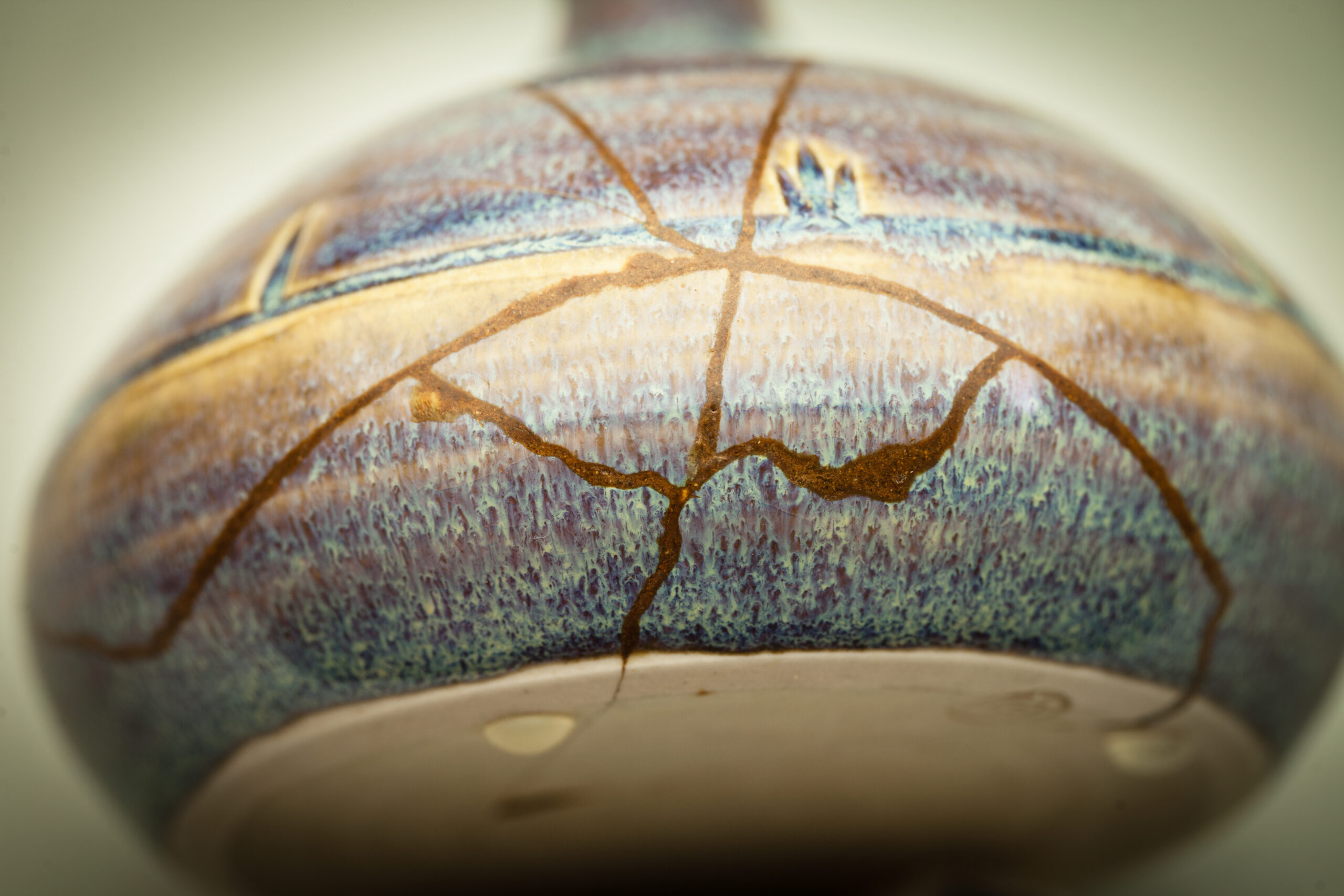Katie Steedly’s first-person piece [The Unspeakable Gift] is a riveting retelling of her participation in a National Institutes of Health study that aided her quest to come to grips with her life of living with a rare genetic disorder. Her writing is superb.
In recognition of receiving the Dateline Award for the Washingtonian Magazine essay, The Unspeakable Gift.
Enter your email here to receive Weekly Wide-Awake
Widening the Circle of Compassion

Only in an open, nonjudgmental space can we acknowledge what we are feeling. Only in an open space where we’re not all caught up in our own version of reality can we see and hear and feel who others really are, which allows us to be with them and communicate with them properly.
Pema Chodron
This is really hard to write right now. (Which is probably why I need to be writing.) Chapter 13, “Widening the Circle of Compassion” in Pema Chodron’s When Things Fall Apart: Heart Advice for Difficult Times directly addresses creating a more compassionate heart and world. Chodron explains, “To relate with others compassionately is a challenge. Really communicating to the heart and being there for someone else — our child, spouse, parent, client, patient, or the homeless woman on the street —means not shutting down on that person, which means, first of all, not shutting down on ourselves. It means accepting every aspect of ourselves, even the parts we don’t like.” In all honesty, I don’t want to be compassionate right now. I don’t want to see all sides. I don’t want to respect the complexity of all human beings. I don’t want to even consider for a minute how blame for the current state of our world might be shared. It’s us and them, no moral ambiguity about it, and they are WRONG.
As my heals dig in, Chodron offers a thought. She explains, “We habitually erect a barrier called blame that keeps us from communicating genuinely with others, and we fortify it with our concepts of who’s right and who’s wrong. We do that with the people who are closest to us, and we do it with political systems, with all kinds of things we don’t like about our associates or our society. It is a very common, ancient, well-performed device for trying to feel better. Blame others. Blaming is a way to protect our hearts, to try to protect what is soft and open and tender in ourselves. Rather than own that pain, we scramble to find comfortable ground.” I do not want to hold on to things so tightly. I do not want to bottle things up. I don not want to be paralyzed by anger and fear. I want my words and actions to come from discernment and love. I want to feel my pain and still speak my truth. I still want to give a damn.
Chodron writes about a middle way, “Whether its ourselves, our lovers, bosses, children, local Scrooge, or the political situation, its more daring and real not to shut anyone out of our hearts and not make the other in to an enemy. … Trying to find absolute rights and wrongs is a trick we play on ourselves to feel secure and comfortable.” For Chodron, compassionate exchange with ourselves — our whole selves — allows compassionate exchange with others and the world. The more we love our own hearts, the more we love the hearts of all others.
My gut tells me start small. Act kindly and compassionately toward myself and those in my circle. Make things right. Forgive. Be in good compassion shape. Do simple things to find calm. Chodron closes the chapter saying, “As we learn to have compassion for ourselves, the circle of compassion for others — what and whom we can work with, and how — becomes wider.” I understand my willingness to heal the pain in my heart is directly linked to my ability to heal pain my world. Healing allows the circle to widen.
About Katie

From Louisville. Live in Atlanta. Curious by nature. Researcher by education. Writer by practice. Grateful heart by desire.
Buy the Book!
The Stage Is On Fire, a memoir about hope and change, reasons for voyaging, and dreams burning down can be purchased on Amazon.





